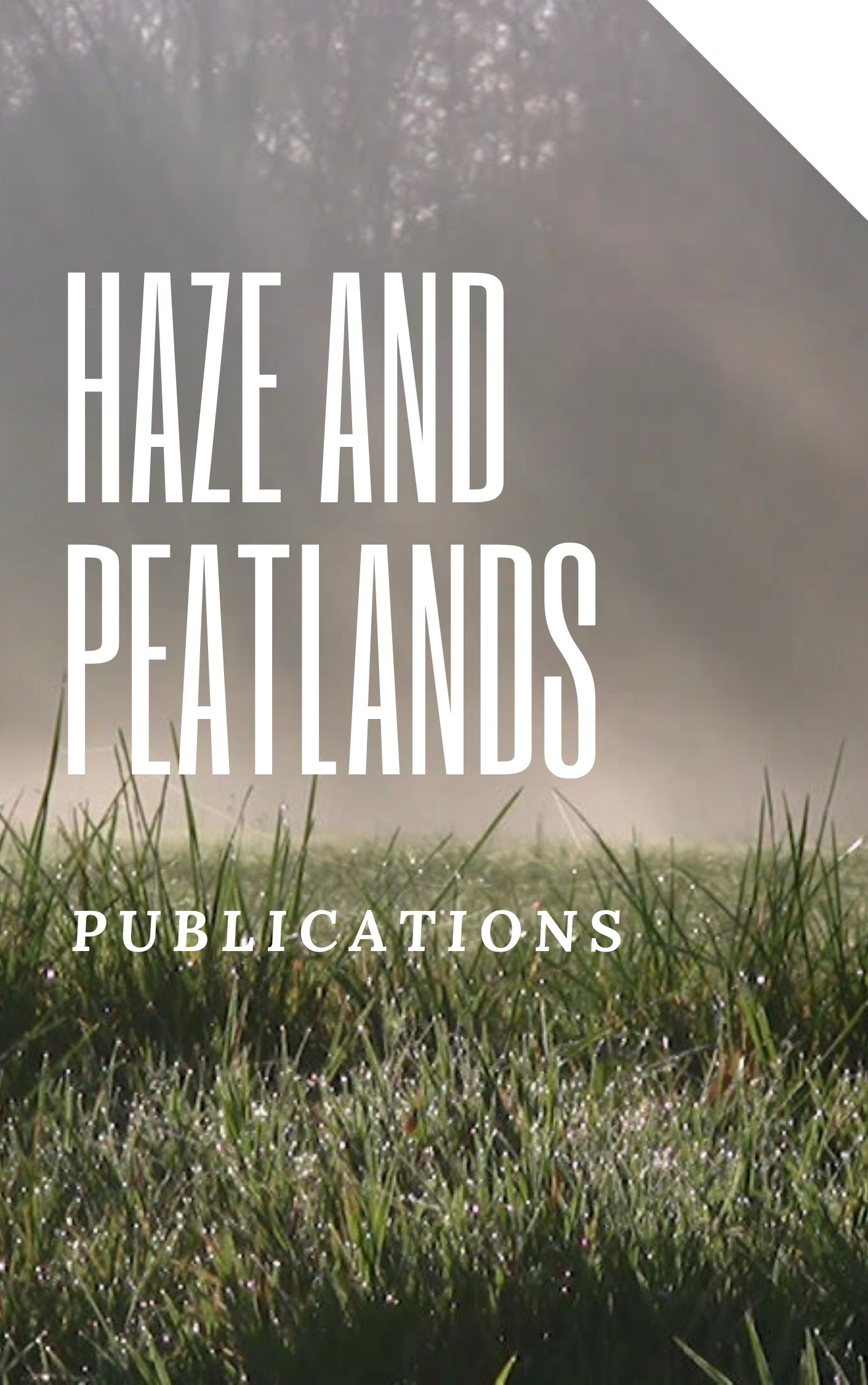Carbohydrate food sources have emerged as a critical factor limiting occupation of rainforests by hunter-gatherer peoples globally. In the wet tropics bioregion of northeastern Australia, Kuku-Yalanji aboriginal people occupied the rainforests through a hunter-gatherer subsistence economy prior to European occupation. Collaborative environmental research between a researcher at the James Cook University and Kuku-Yalanji people has established that their fire management protected carbohydrate resources in the fire-sensitive rainforests and their margins, and ensured ongoing access to the critical dry season carbohydrate resource, Cycas media, growing in patches of fire-prone open forest on each clan estate. Carbohydrate resources in the wet season were obtained predominantly from seeds of rainforest tree nuts, a high proportion of which are wet tropics endemic species. Several of the genera utilized by aboriginal people in the wet tropics bioregion also occur in the rainforests of eastern Cape York Peninsula, where they were not utilized as foods. It is hypothesized that use of rainforest seeds for carbohydrate is a cultural adaptation that occurred in the wet tropics bioregion, stimulated by the unique availability of the substantial number of large-seeded rainforest trees that are wet tropics endemics. The implications of these data for concepts about the impact of aboriginal fires on Australian rainforests are considered. Aboriginal fires imposed a fine patterning on the vegetation at the local scale, with little effect on the vegetation at the regional scale, which is determined by environmental factors.
View source

